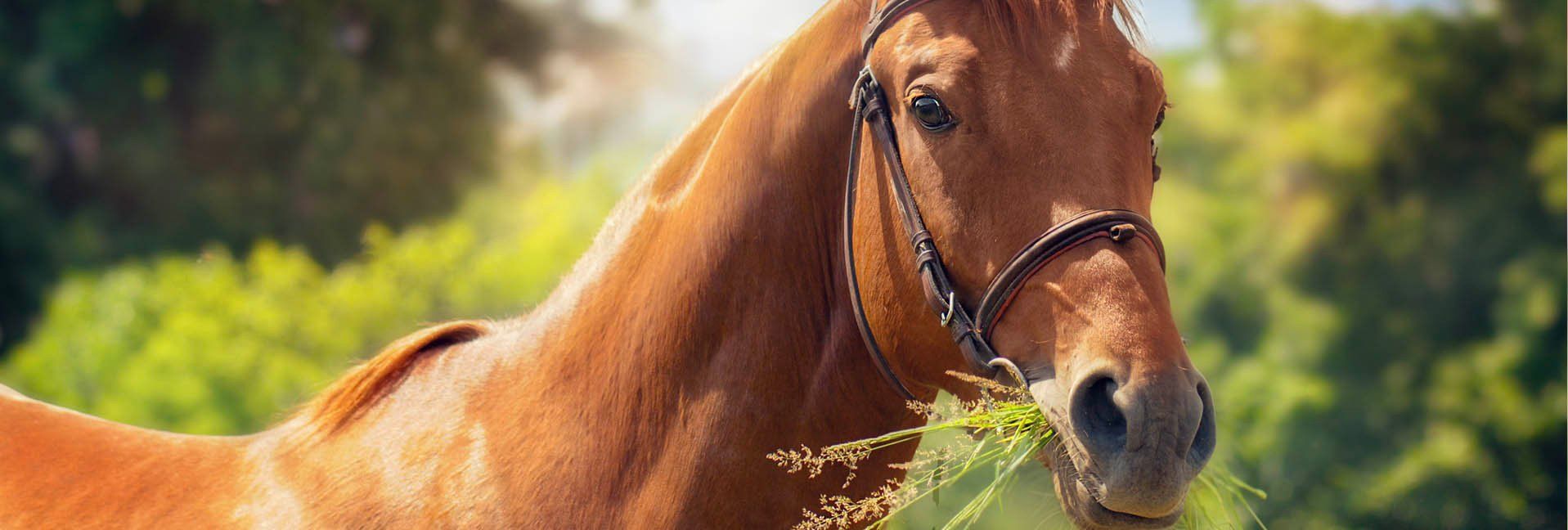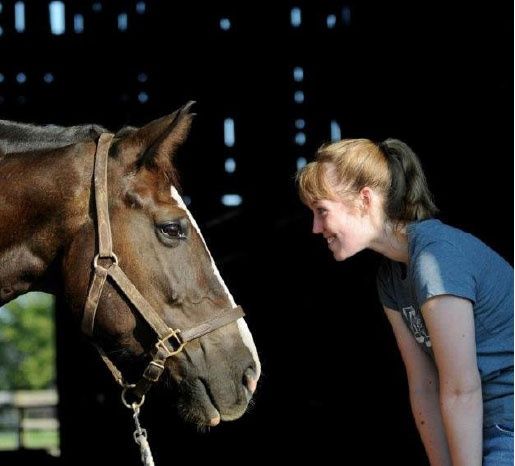Spring Time, Vaccine Time - Annual injections are often the key to health


One of every horse owner’s springtime chores (besides scraping all that mud off your horse’s legs) is the annual call to the veterinarian for spring vaccinations. Many people think that if their horse doesn’t travel off the farm, or is retired on the back forty somewhere, that he doesn’t need vaccines. In reality, many of the most common infectious diseases in horses are spread by flies or mosquitos, which means any horse can become exposed.
Some people may also opt not to vaccinate horses if they believe the available vaccine is ineffective. It’s true that some of the core vaccines cannot guarantee a horse won’t contract the illness he is vaccinated for. But as with humans, vaccination greatly reduces a horse’s risk of contracting a serious disease, and in the case of some diseases, will reduce the severity if the horse catches the illness anyway.
The American Association of Equine Practitioners issues its recommendations according to his horse’s age and occupation (pregnant mares have different immunization needs, for example). The AAEP’s guidelines also take location into account; some illnesses are more common in some parts of the country than others.
You may want to check with your veterinarian to see if there are any regional patterns of disease that suggest you should add one of the “optional” vaccines to your rotation. The vaccine for Potomac Horse Fever isn’t officially recommended in Kentucky where I live, but my vet gives it to my horse annually because there are usually a handful of cases each year in the part of the county where we live.
The foundation five
The AAEP recommends the following vaccines for all horses, regardless of location:
• Tetanus: As with humans, horses can get tetanus as a result of infection of a wound by the tetanus bacteria. Tetanus bacteria lives in soil, and produces toxins in the horse’s blood that impact the neurological system.
• West Nile Virus: this mosquito-carried viral illness makes the news frequently because humans can be infected, too (although humans can’t catch the virus from their horses). Horses can be infected by West Nile without actually showing symptoms, however. If they are symptomatic, horses will show fever and neurological symptoms such as weakness, paralysis, and head pressing.
• Eastern and Western Equine Encephalomyelitis: Similar to West Nile, WEE and EEE are viral illnesses carried by mosquitoes (although it can also be carried by birds), and can infect humans, too. Both WEE and EEE cause similar neurological symptoms in affected horses, and are often fatal.
• Rabies: Like your dog or cat, horses contracting rabies contract it from a bite from an infected animal. It’s often difficult to diagnose and may include colic, tremors, fever, paralysis. Rabies in horses is fairly uncommon with about 30 to 60 cases contracted per year.
Additional vaccines that may be recommended based on your location include anthrax, botulism, equine herpes virus, equine viral arteritis, equine influenza, Potomac Horse Fever, rotavirus, and strangles.
If you receive a horse whose vaccination history is unknown, such as a rescue animal, your veterinarian may advise a schedule of shots and boosters designed for a horse who has never had vaccines.
Is there a downside?
Some people prefer to give vaccines themselves to save a few bucks. Veterinarians say that they prefer to see horses each year to give vaccines because it gives them a chance to look at the horse as a whole and catch any developing health issues. This yearly visit can also be a good way for owners to get an outside perspective on their horse’s health. Gradual changes in weight, for example, can be difficult to really notice when you see the animal every day and don’t put it on a scale routinely.
Side effects from vaccines for horses tend to be mild, and could include some soreness in the day after the injections, along with a mild fever or tiredness. As with people, some horses tend to get knocked backwards by vaccines harder than others.
Similar to the anti-vaccine debates with human children, some people have expressed concern about ingredients in vaccines or additional side effects, but at this point, there’s no peer-reviewed science to suggest vaccines are more dangerous for horses than the diseases they prevent. In fact, state officials say many (or most) of the reported cases they track of infectious disease are in unvaccinated horses.
Tags:Horse Sense

Acreage Life is part of the Catalyst Communications Network publication family.
















